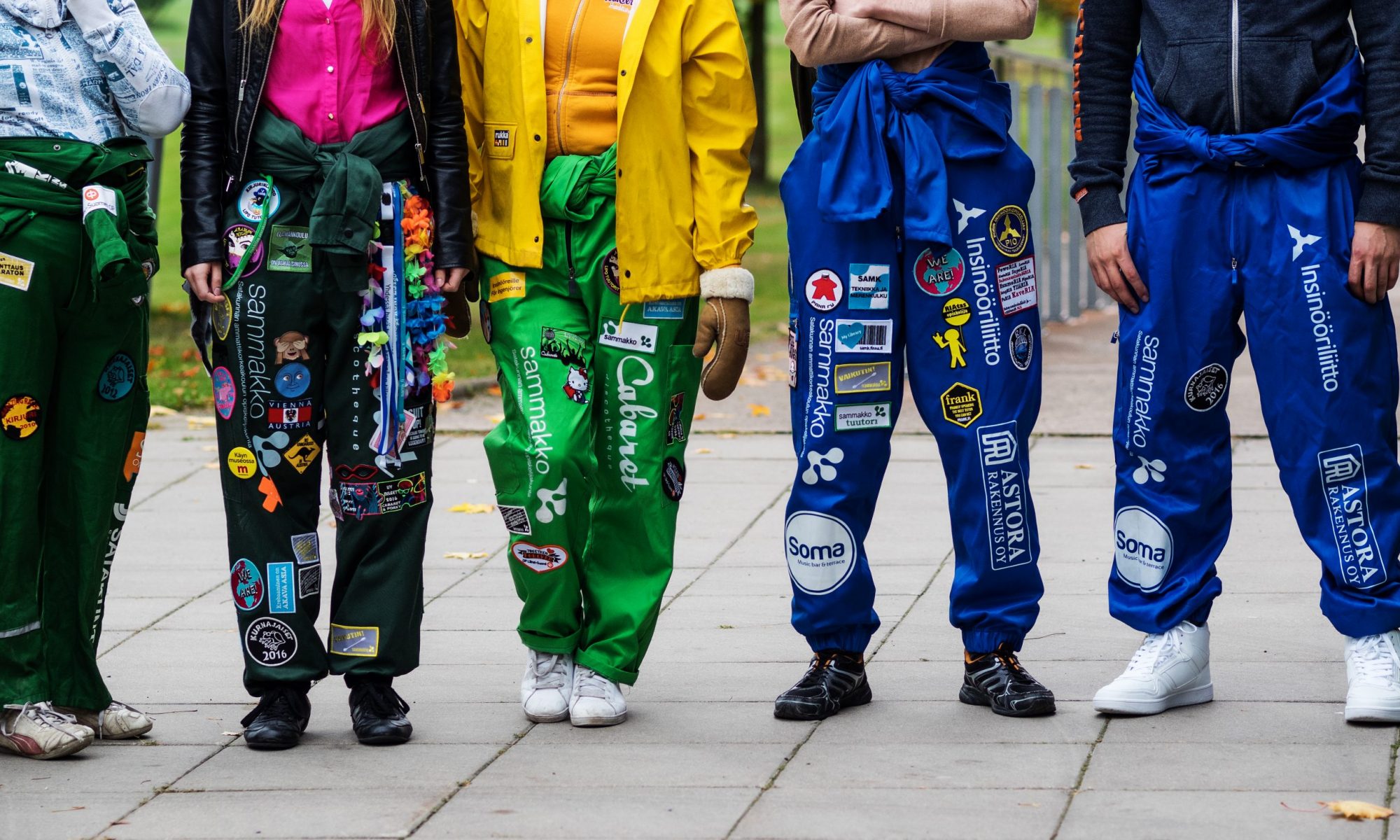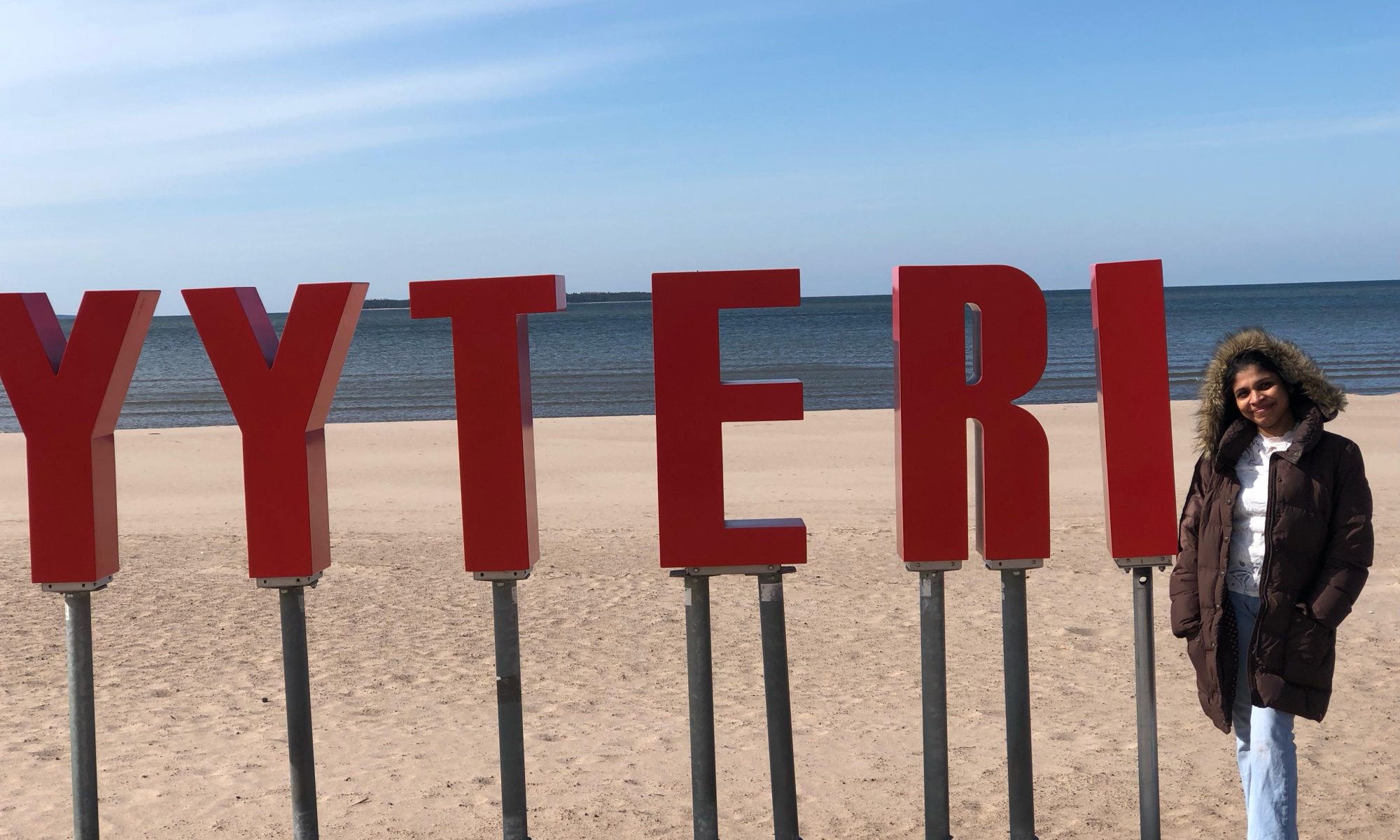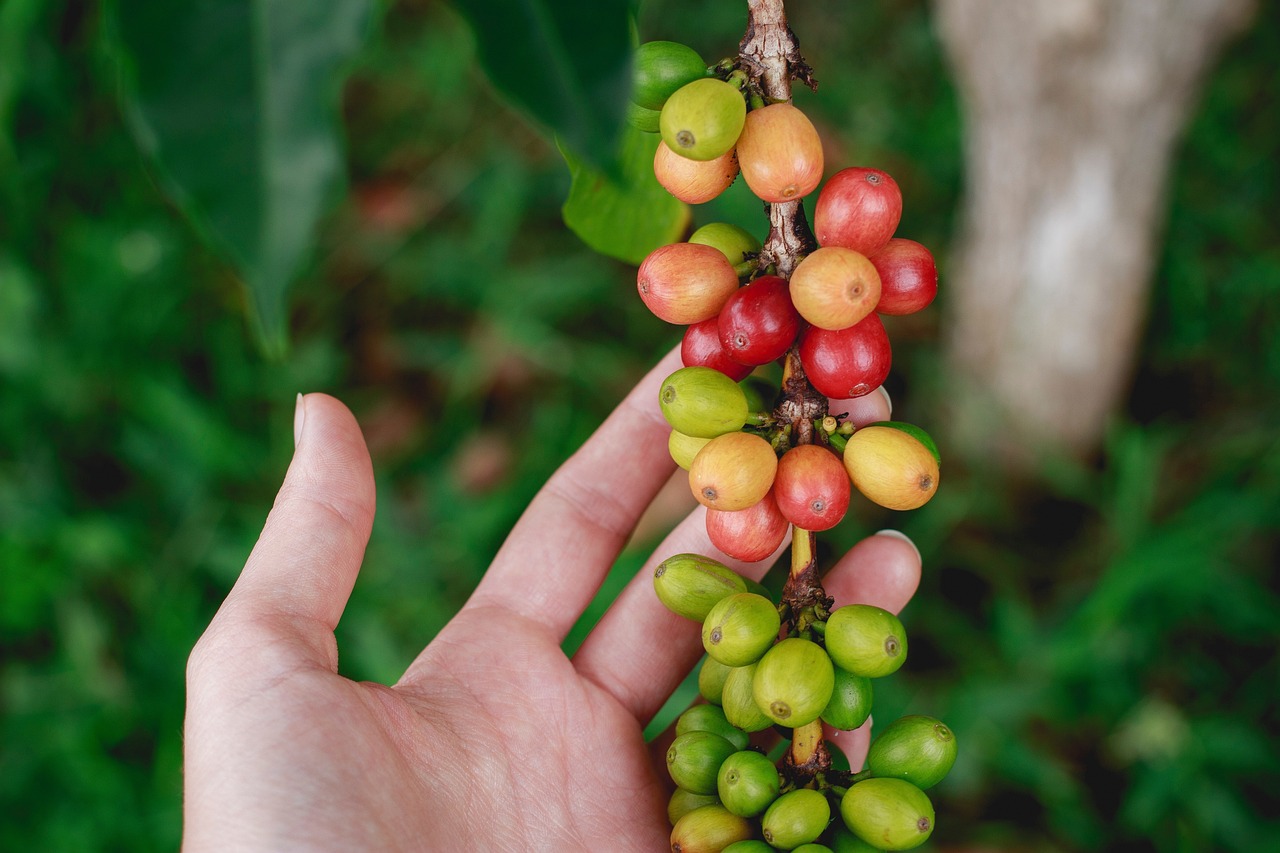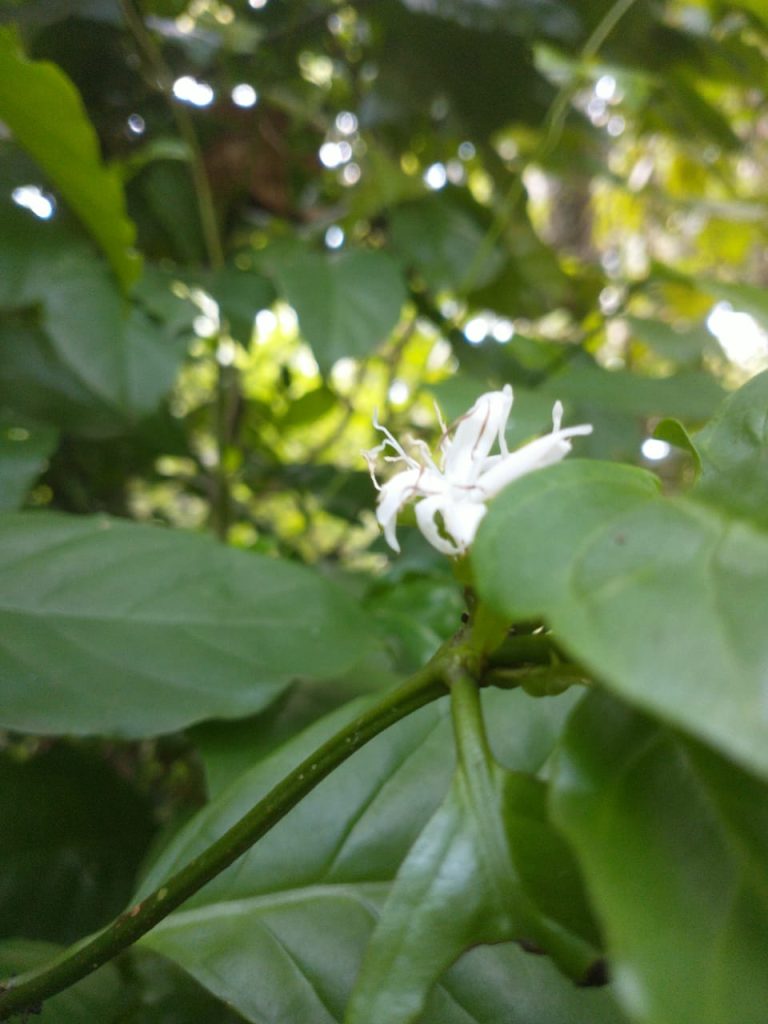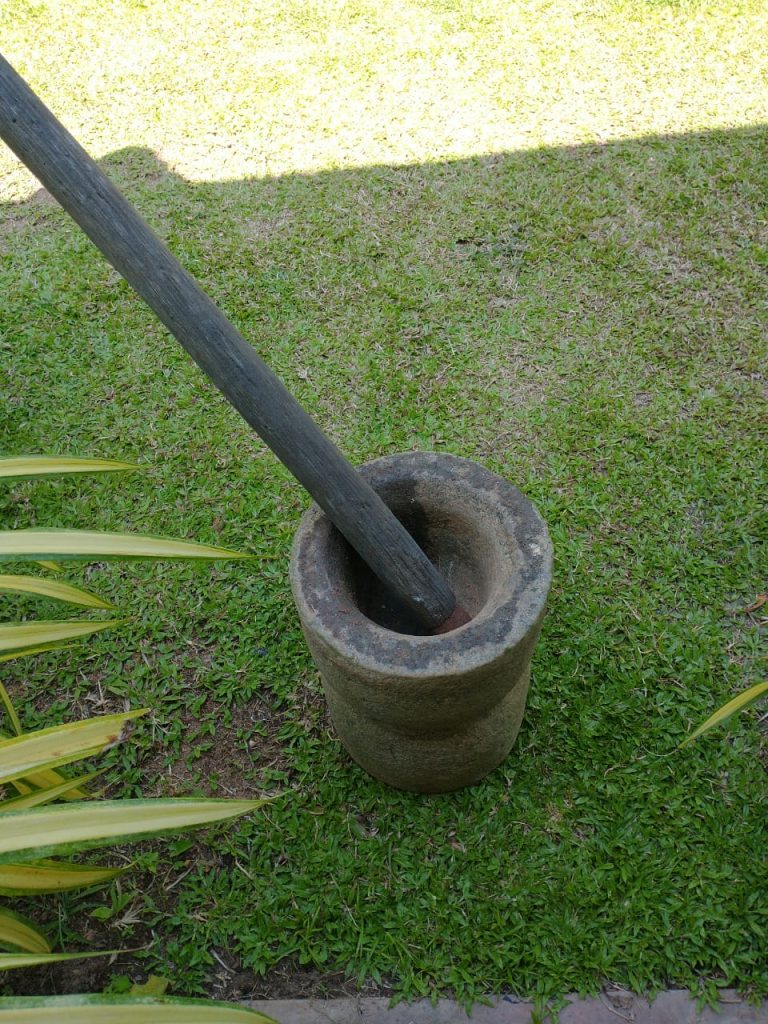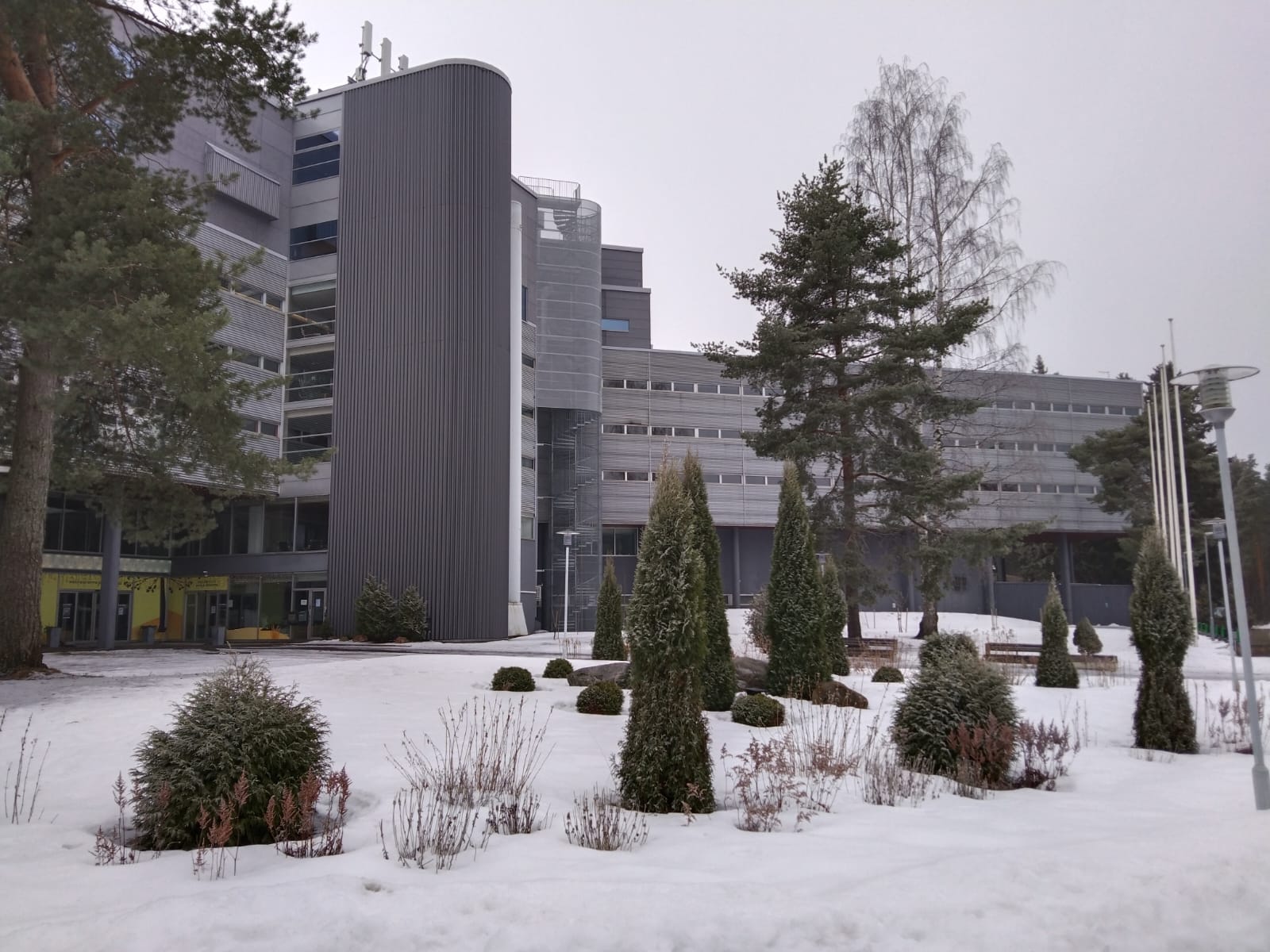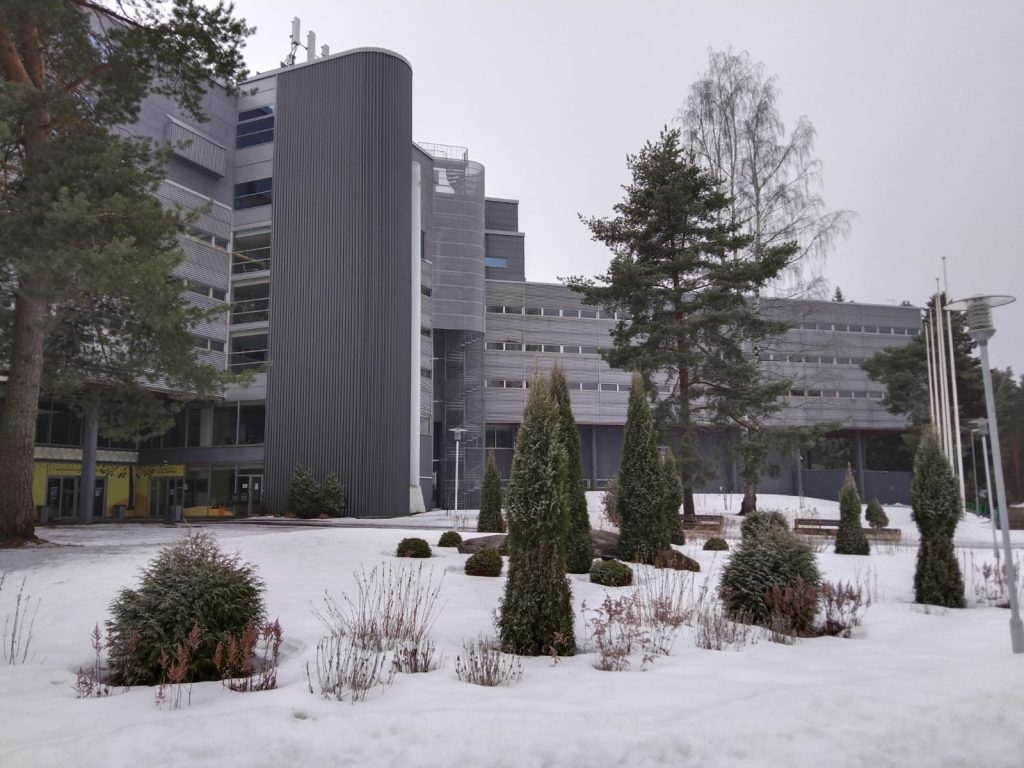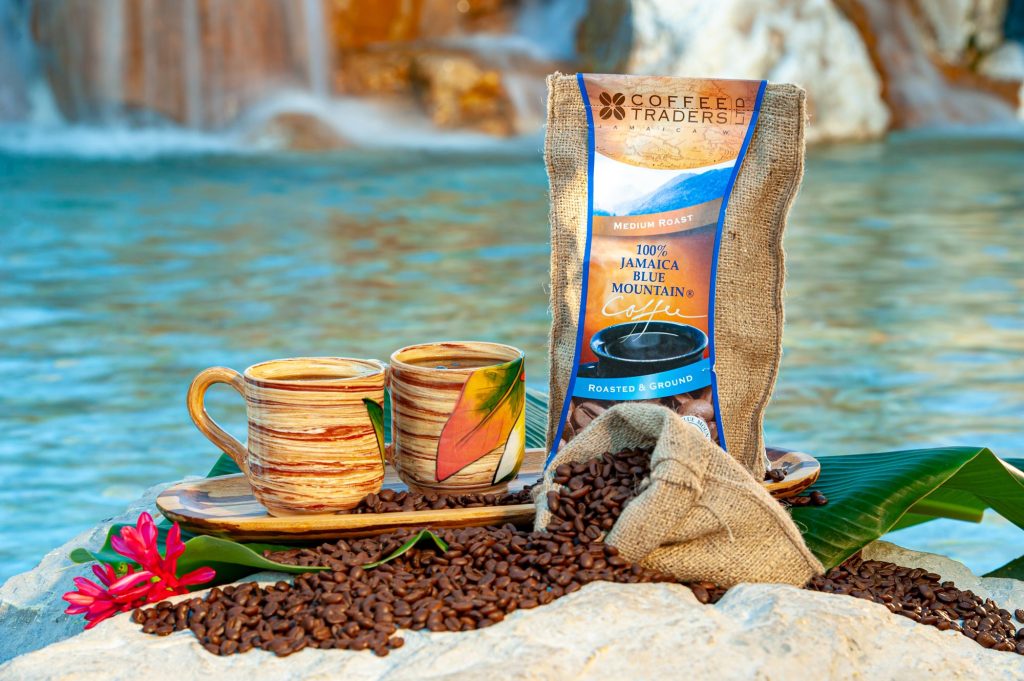As an international tourism student, I got the opportunity to participate in lectures by visiting lecturers, who are experts in the hotel and coffee industry through the Culinary Experiences course. Mr. Janne Larisuo, who has many years of experience in the hotel industry, shared with us his experiences at Yyteri Spa & Hotel and the challenges in the hotel industry. In addition, I was able to participate the Mr. Jani Wahlman’s lecture, who is an expert in the coffee industry. By participating in this lecture, I was able to get rid of the wrong image I had in my mind about coffee.
Strategic marketing in Yyteri Spa & Hotel and understanding the significance of the target group awareness in restaurant operations
Yyteri Spa & Hotel is a famous hotel in Finland. It offers a unique blend of hospitality services. The Yyteri Spa & Hotel is in the Satakunta region, and it is surrounded by the sea. It is a very popular 4-star hotel and there are 115 rooms. One of their goals is to increase the number of rooms and make their name a brand in Finland in the hotel industry.
One of the important and interesting points for me in his lecture was “why we should be aware of the target group in restaurant operations.” As Mr. Janne Larisuo stated in the lecture, to be successful the business must be aware of the target group. Accordingly, they have identified families, couples, groups, events, B2B customers, and subsidized guests as their target group. They expect many customers in the summer season.

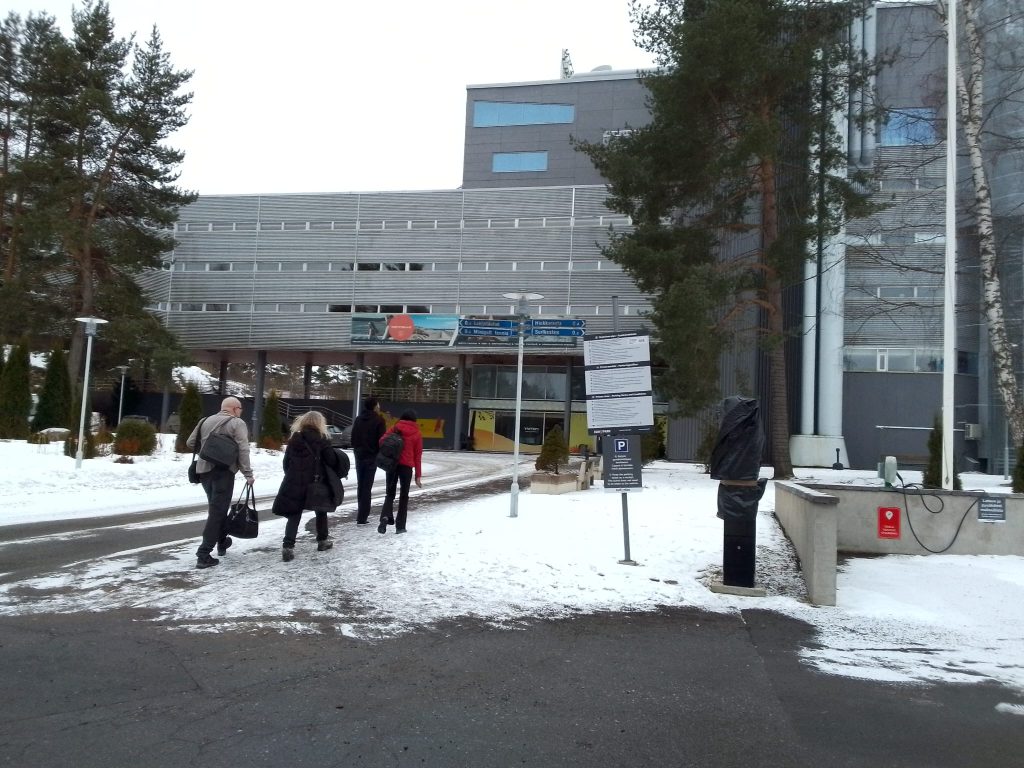
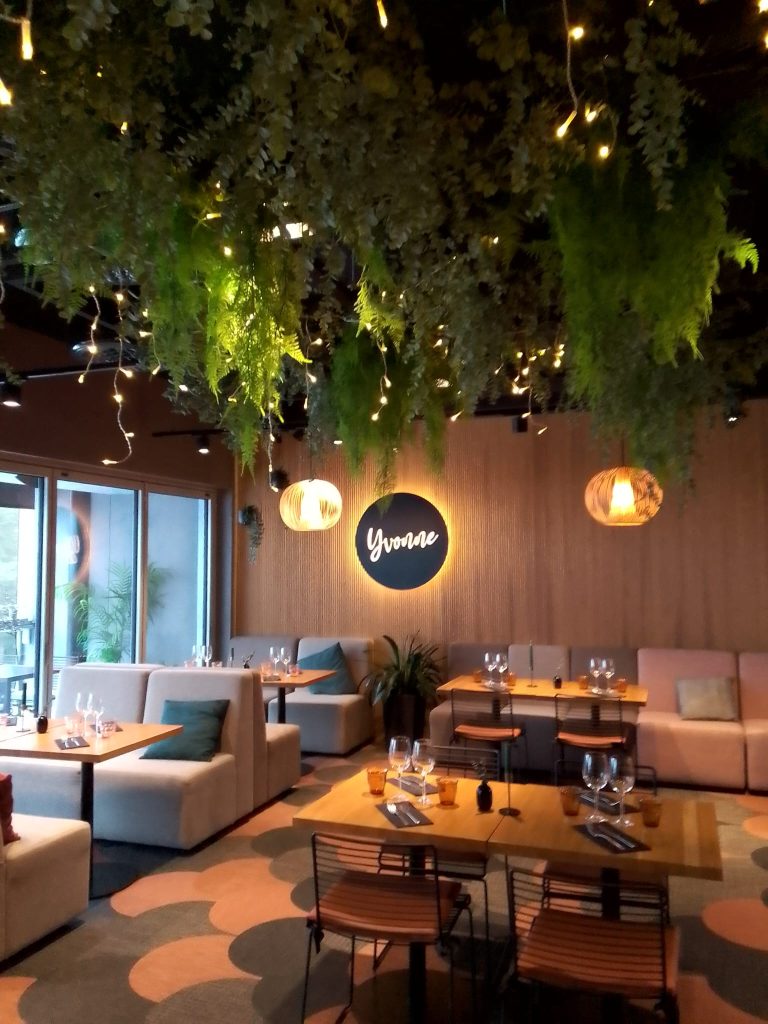
Moreover, to be aware of the target group in restaurant operations, and by identifying large customer groups, it is possible to meet the needs of those customers easily. Also, by identifying target groups, targeted strategies can be implemented. For that, the behaviour and preferences of the groups should be known. In addition, the restaurant can be arranged and decorated attractively by knowing the target group in advance. Due to that customers will be happy and will be able to win their attention to the business. Through that, it is possible to get high responses from customers and it also leads to customer retention. As a result, it is easy to manage the restaurant staff and the company can work to minimize waste. Also, waste management contributes to the sustainability and profitability of the business.
How my perspective on coffee evolved: From bitter brew to beloved ritual
I remember that I was a person who did not like drinking coffee since my childhood. But I am happy after attending Mr. Jani Wahlman’s lecture, because my perspective changed completely. I had identified coffee as a very bitter tasting drink, but the reason for that was due to some mistakes I made in making coffee.
I learned at the beginning of the lecture how to add the right amount of water to coffee. Because it was said that it is a major part that should be paid attention to and when he said that the way of adding water has a great effect on the taste and quality of coffee, I was able to identify the first mistake I made when making coffee. Moreover, he also told us how to use clean pots, that there are bad coffee beans, and how freshness affects the taste. Before, I did not know that the grinder process affects the taste of coffee. Accordingly, it became clear to me that my previous attempts at making coffee were not successful.
In addition, people all over the world are very fond of drinking coffee and I got to know from this lecture that the people of Finland, where I currently live, are also very fond of drinking coffee. Also, he said that the nutrients in coffee bring fresh energy to the body, and I got to know why the coffee I had made before had lost its taste. However, when I listened to the lecture, I became interested in drinking coffee again. Also, while he answered the questions asked by the students, he said that the “Geisha “is the best coffee brand and it has an unusual taste. I came to know that for the first time. I am impatient to taste it at the Geisha coffee brand.
Accordingly, the guest lecture completely changed my misunderstood thoughts about coffee, and it is just a useful drink for me and my family. I used the knowledge gained from the lecture to make coffee, and I was able to drink coffee very deliciously by making coffee in the right way, and now I am enjoying to drinking coffee thrice per day. Due to that, I should be thankful for this lecture because when I’m drinking coffee, I feel that my body is getting energy and is not lethargic, and this knowledge gained made me experience the flavours of the coffee brands.
In conclusion by participating in such expert lectures, my knowledge was nourished and as a tourism student my goal is to become a hotel manager. Due to that I can believe that I can effectively use the knowledge gained from these lectures for my future career. Therefore, I would like to thank the lecturers Mr. Janne Larisuo and Mr. Jani Wahlman, and teacher Heini Korvenkangas who gave me this opportunity.
Text and pictures: Imalka Wathudura, first year International Tourism Management student
